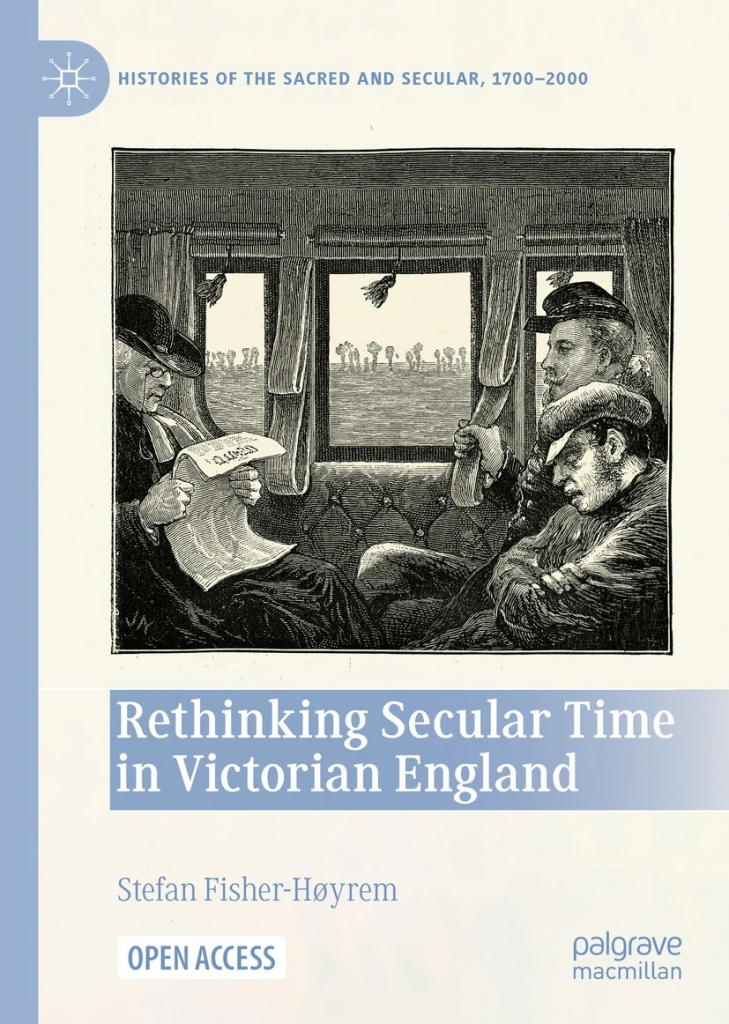New article by Simone Kotva in the anthology Habit and the History of Philosophy.
Anthology abstract:
For Aristotle, habit was a fundamental aspect of human nature; and for William James, it was the “enormous flywheel” of society. In both the history of philosophy and contemporary research, it is acknowledged as a fundamental topic in ethics, moral psychology, philosophy of action, and phenomenology.
This major volume, written by a team of international contributors, is an outstanding collection that offers a thorough and diverse philosophical exploration of habit from the classical period to the modern day. Carefully edited to reflect the breadth of the subject, its 18 chapters are divided into four clear parts:
- Habit and Ancient Philosophy
- Habit and Early Modern Philosophy
- Habit and Modern Philosophy
- Contemporary Perspectives on Habit.
Key topics, debates, and figures are covered such as the emotions, perception, free will, William James, John Dewey, Maurice Merleau-Ponty, John McDowell, and Hubert Dreyfus.
Habit and the History of Philosophy is essential reading for students and researchers in the history of philosophy, ethics, phenomenology, philosophy of action, and pragmatism. It will also be extremely useful for those in related disciplines such as religion, sociology, and history.
